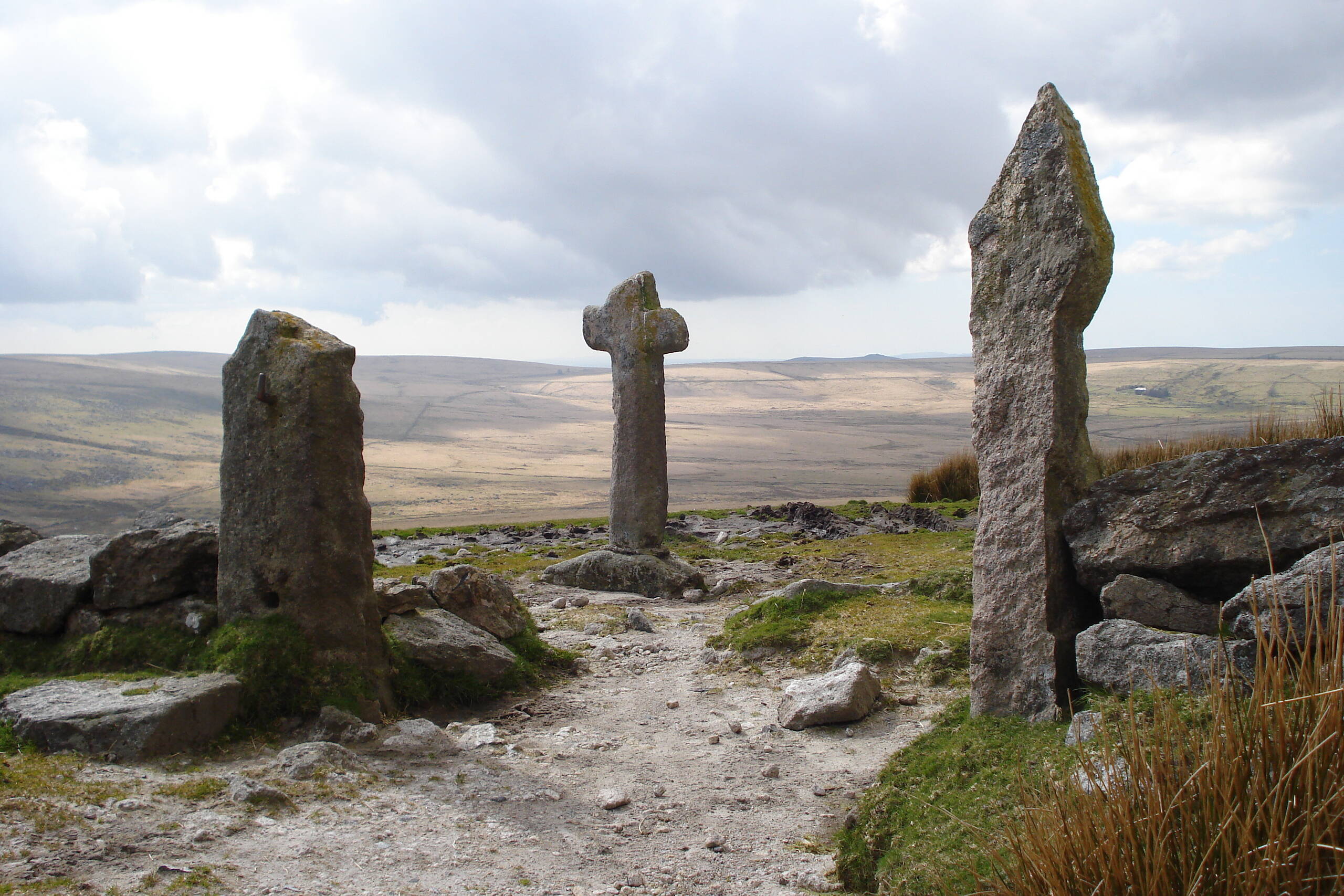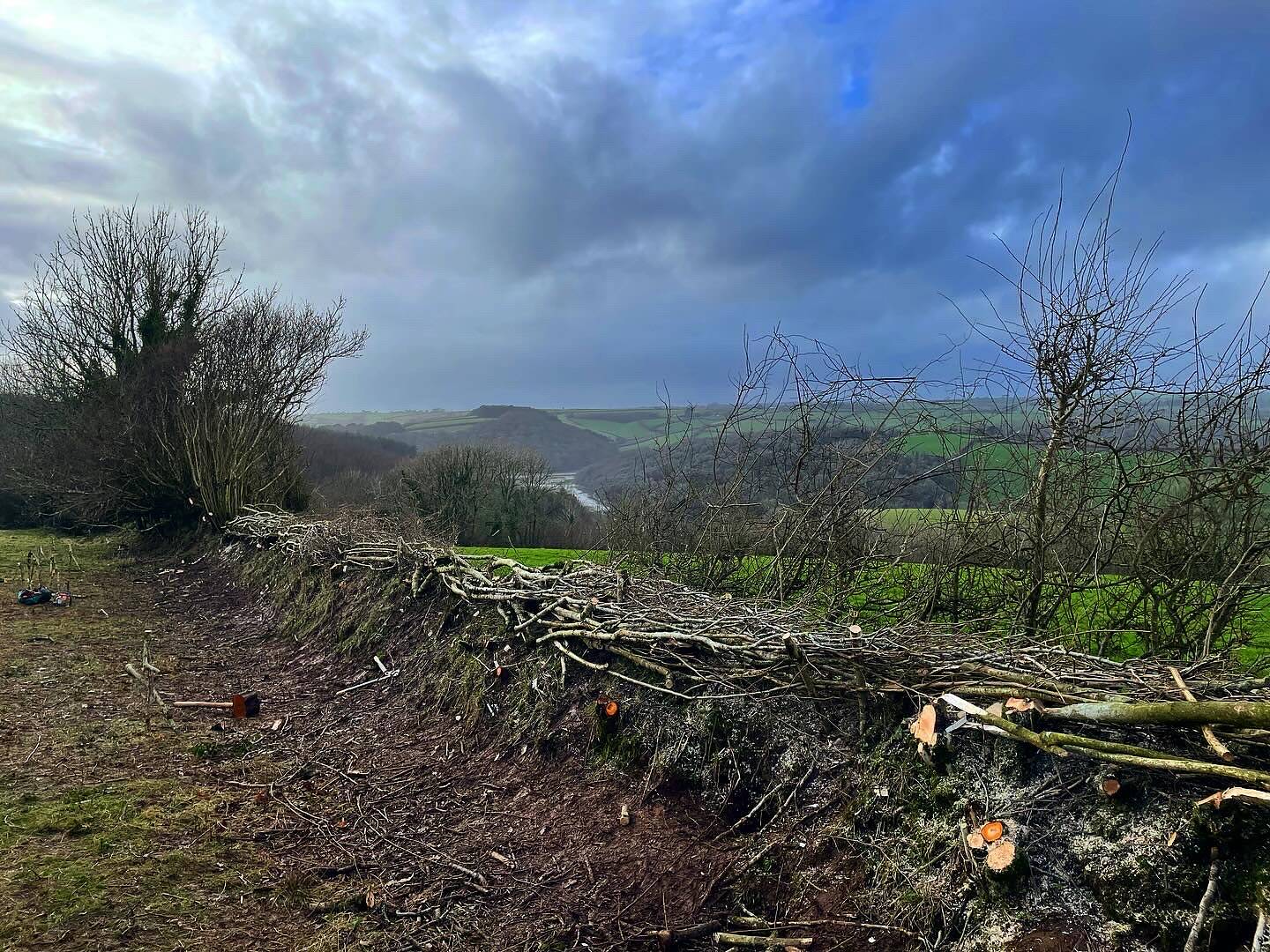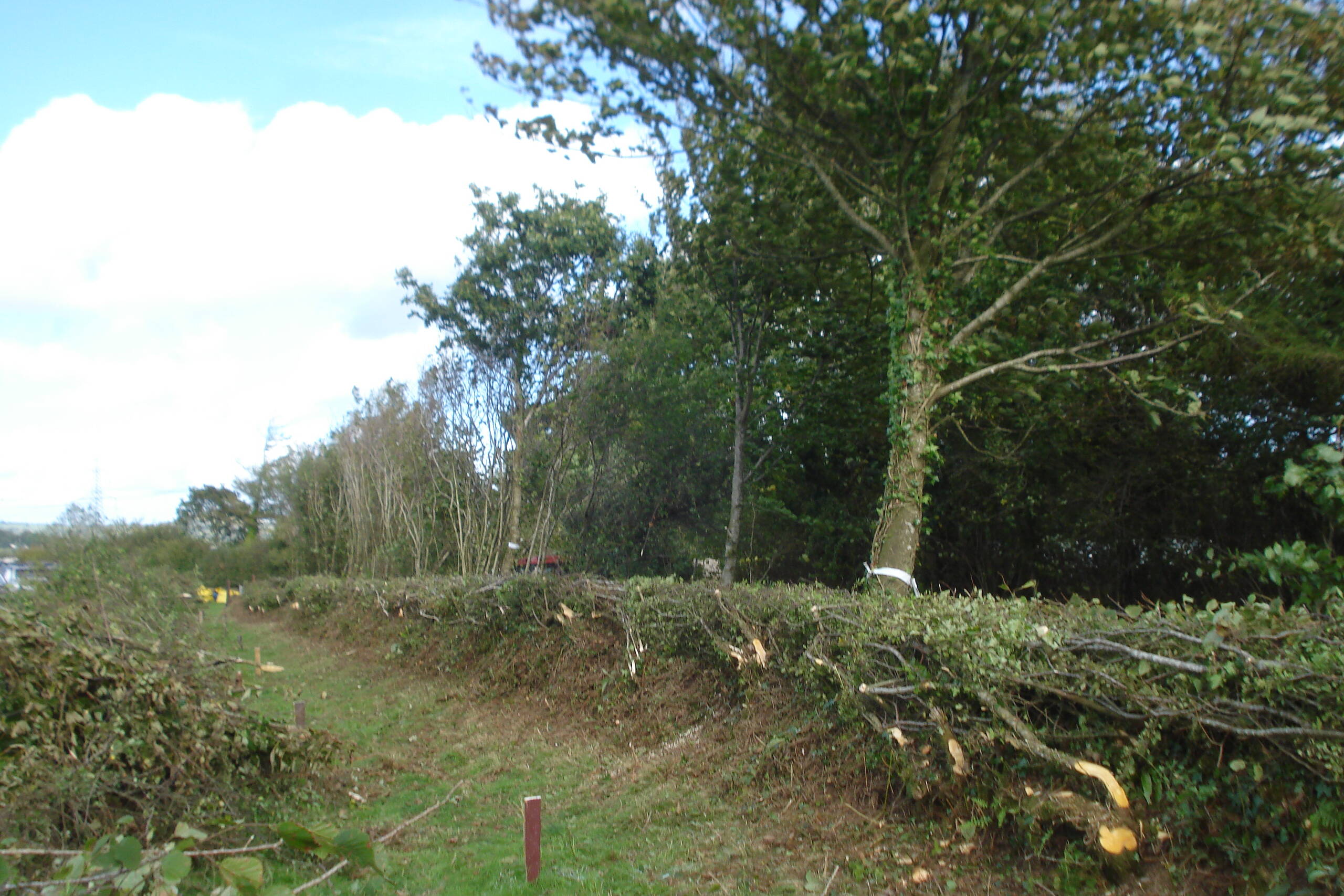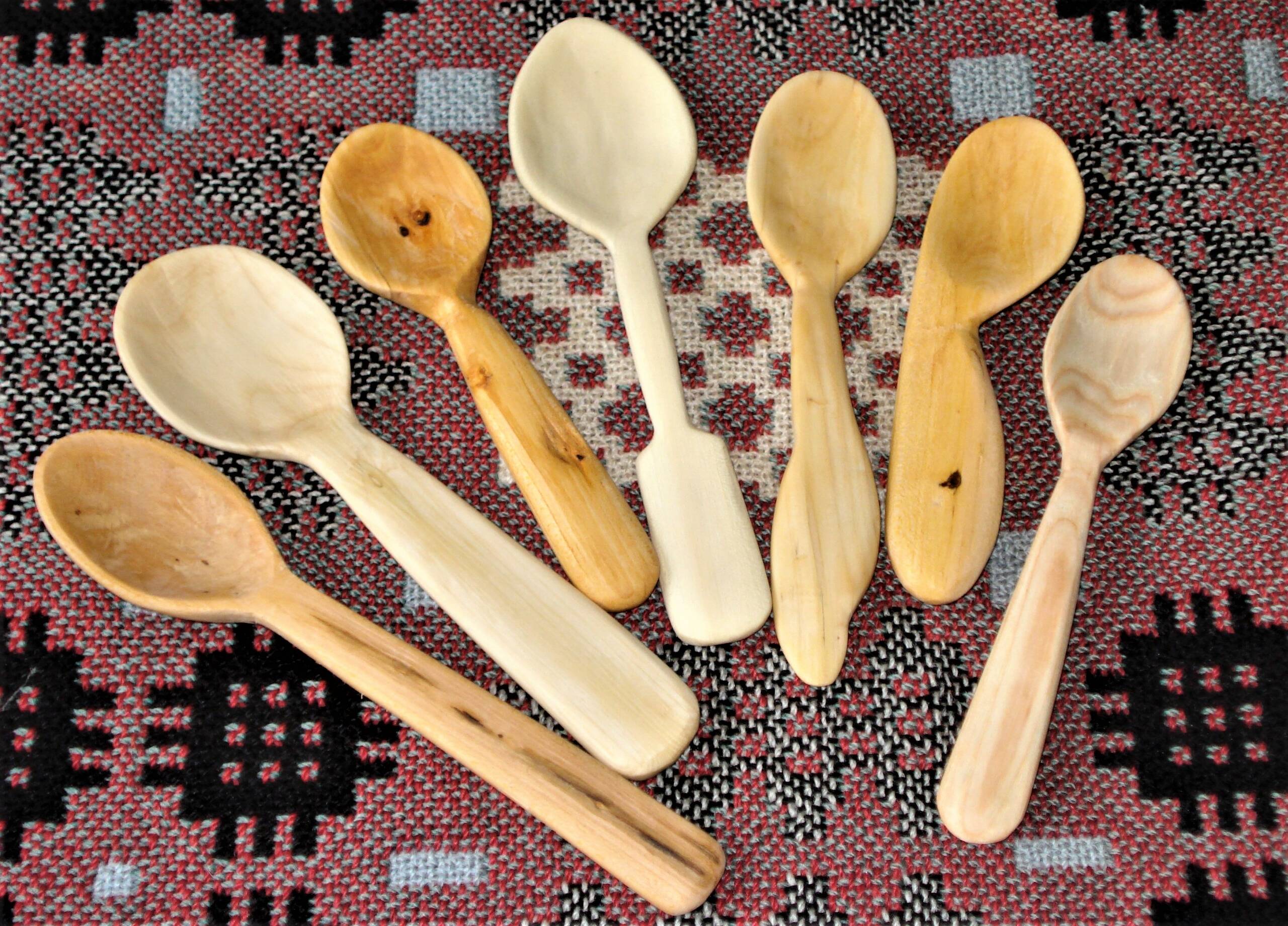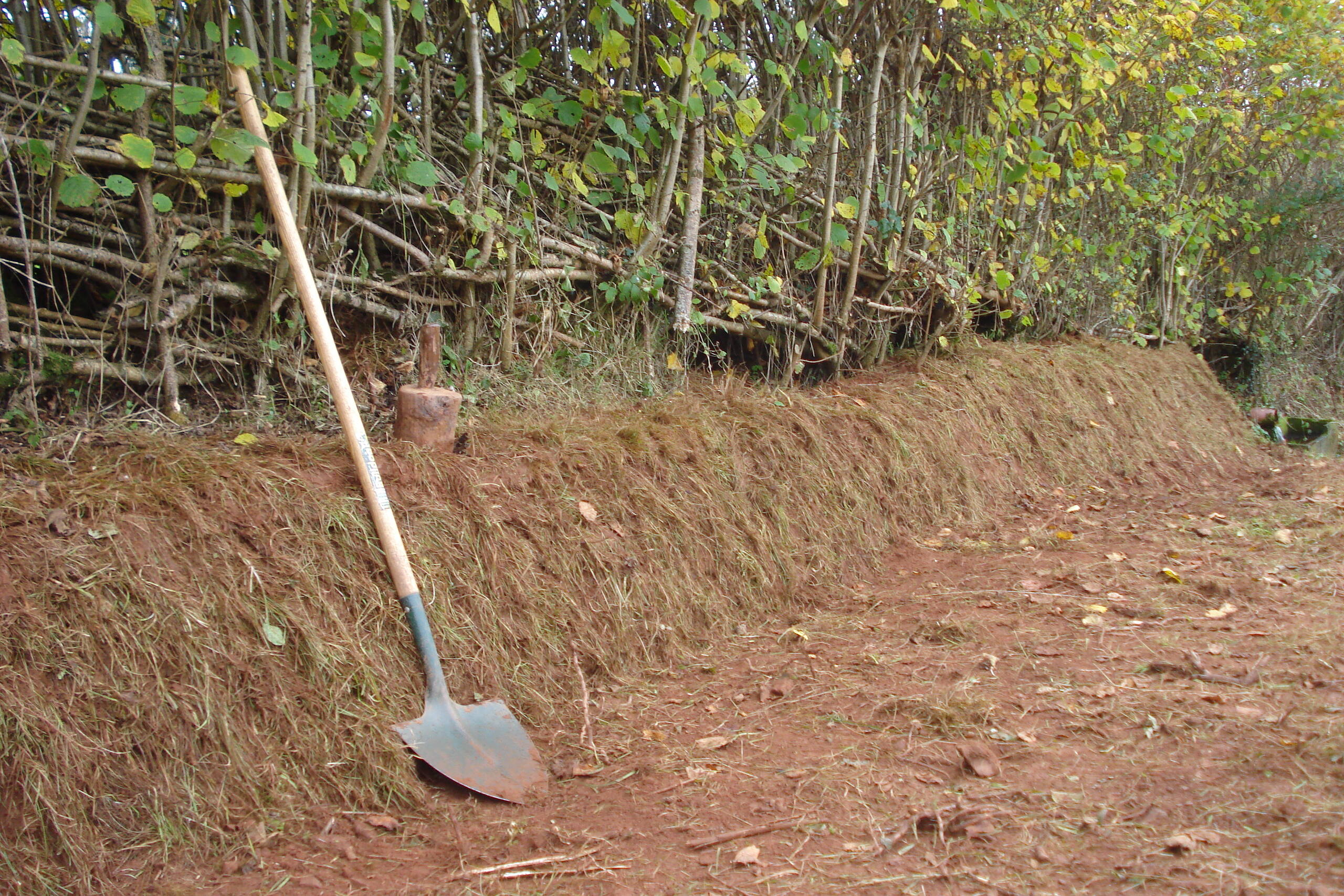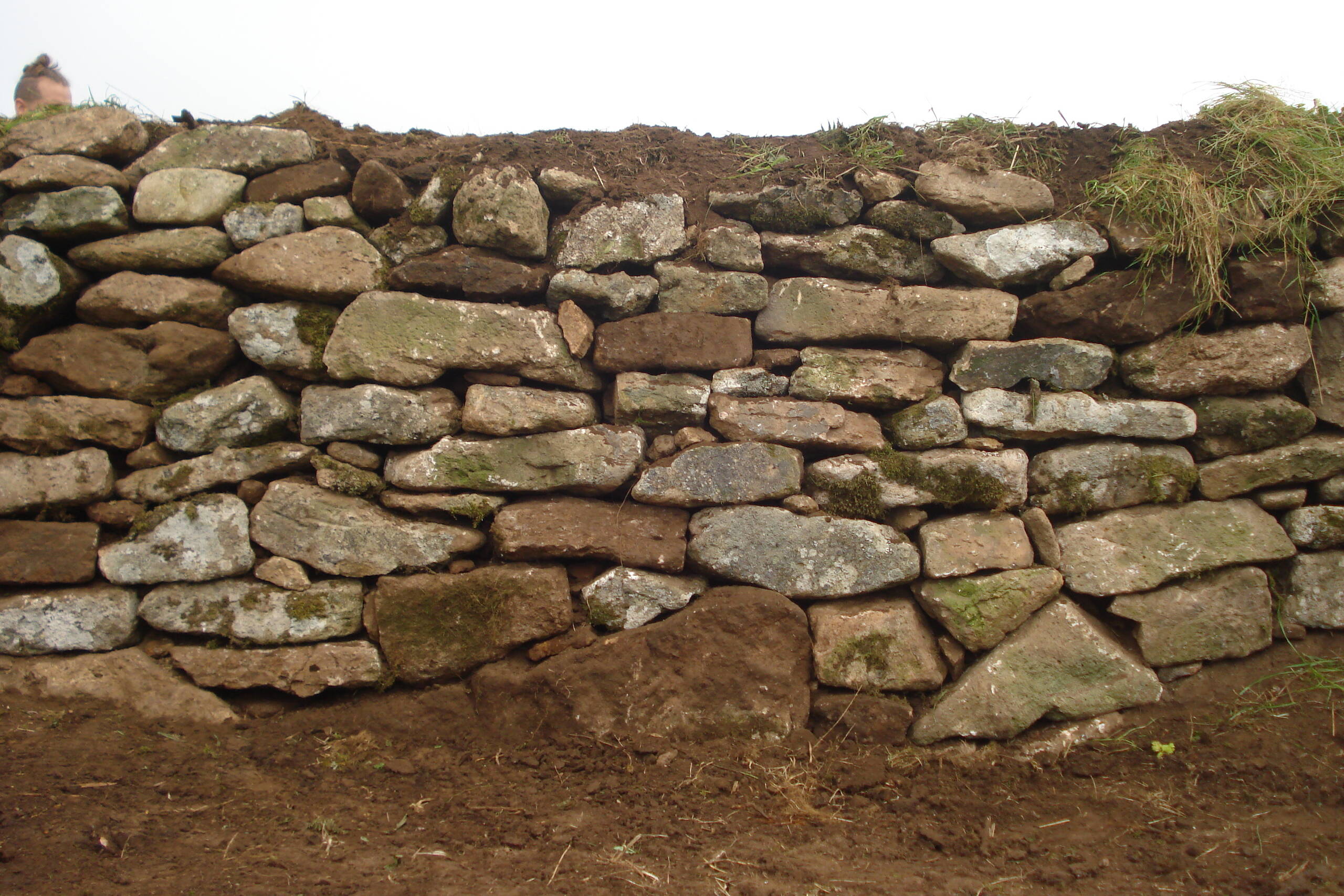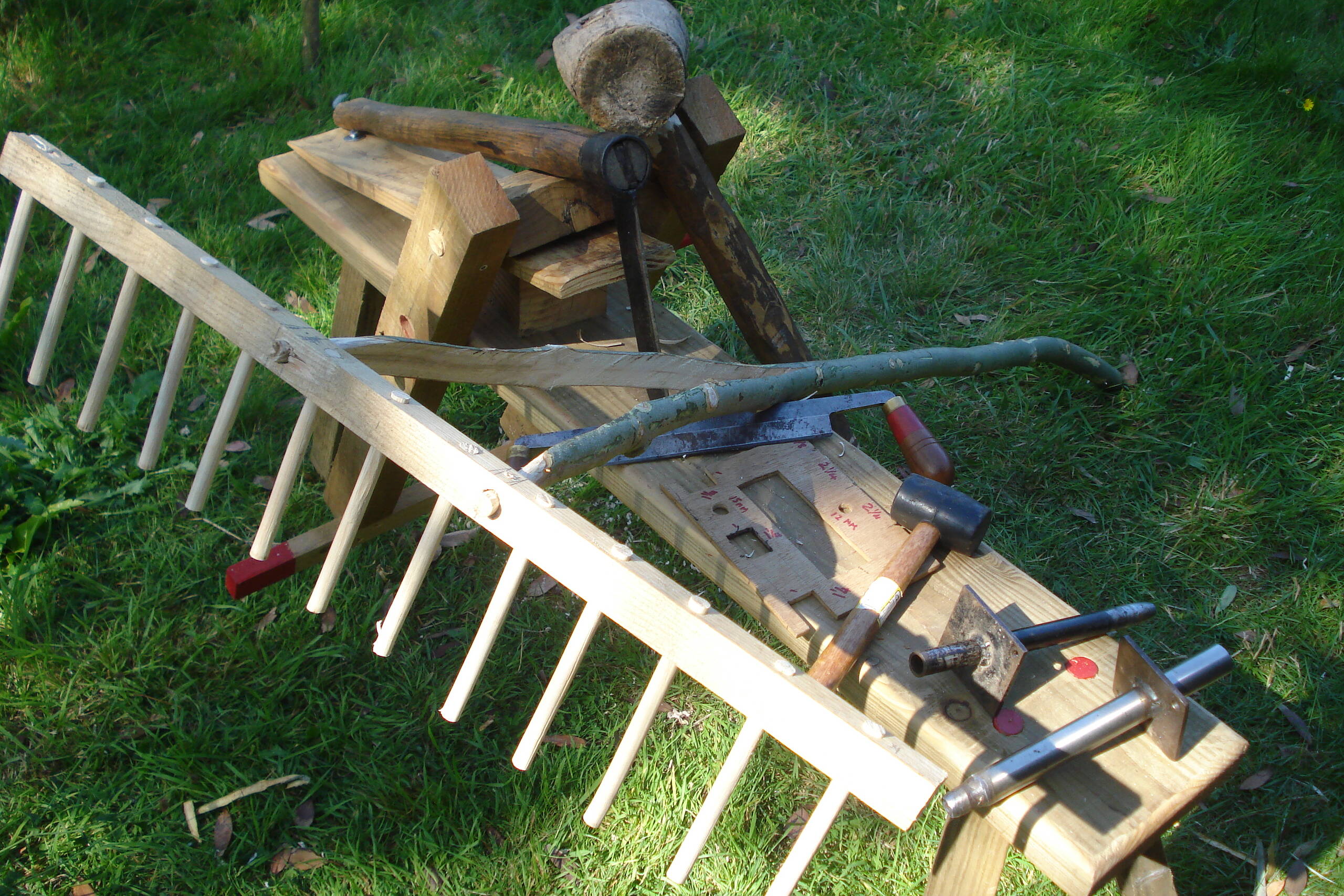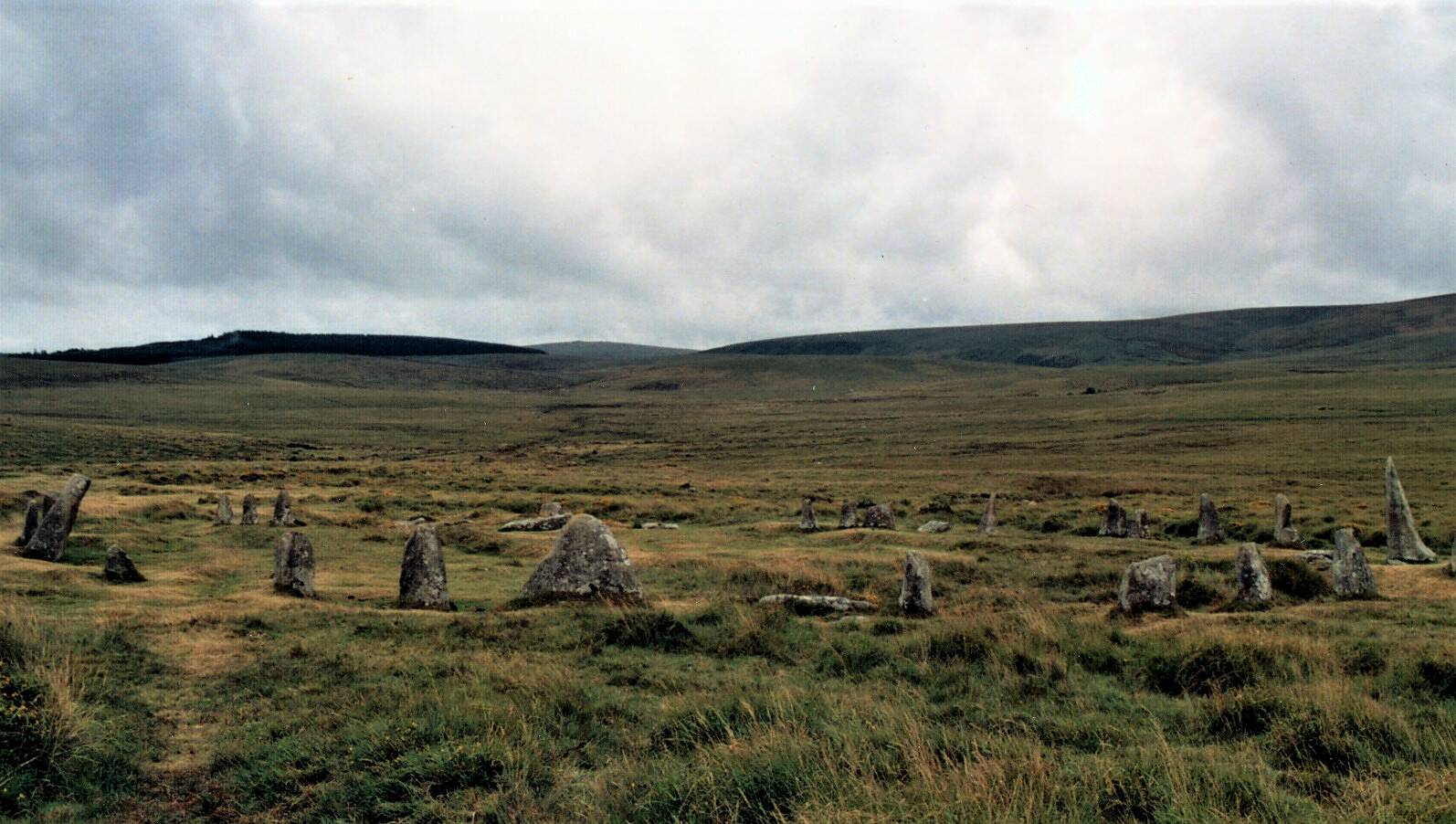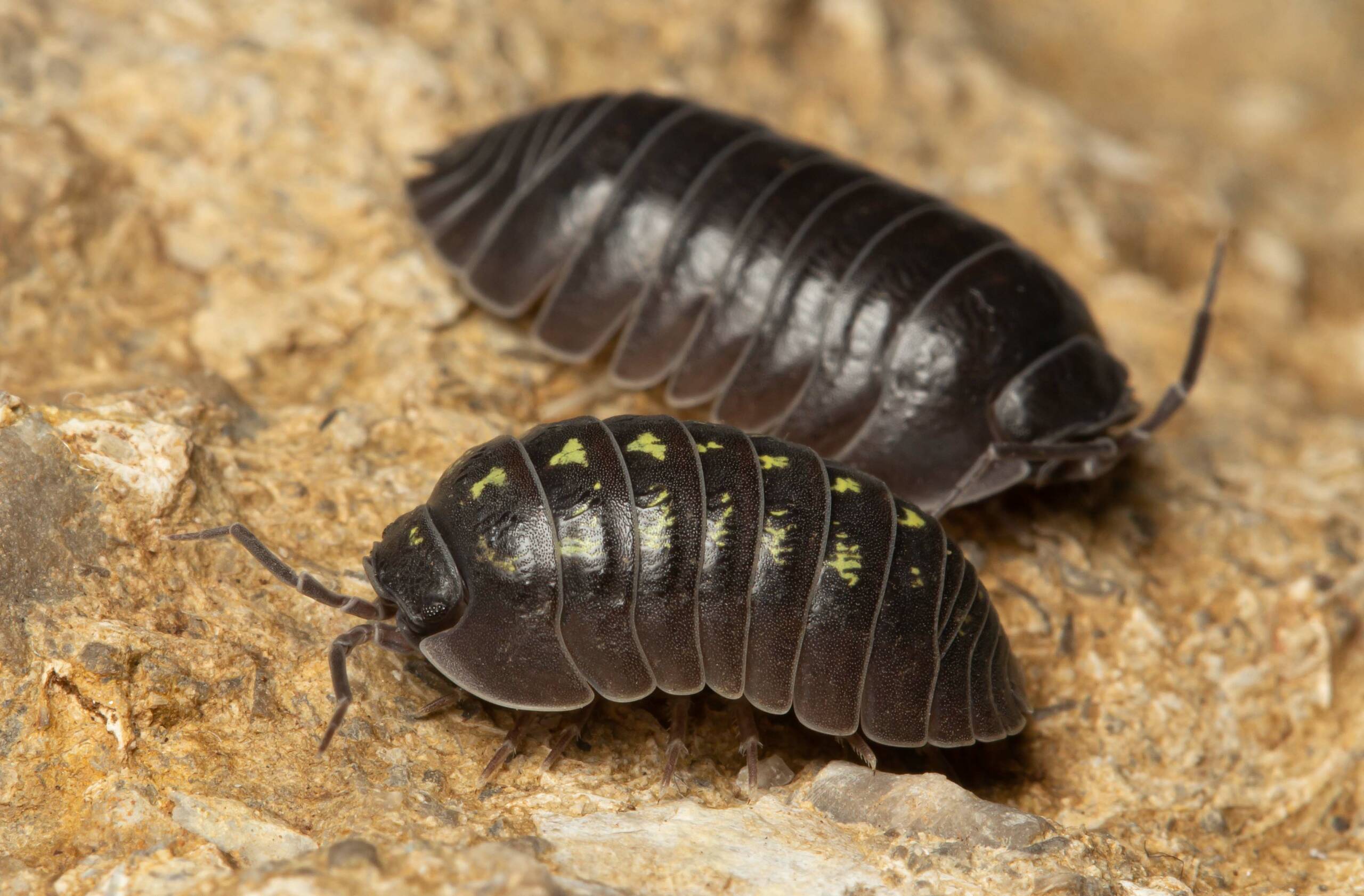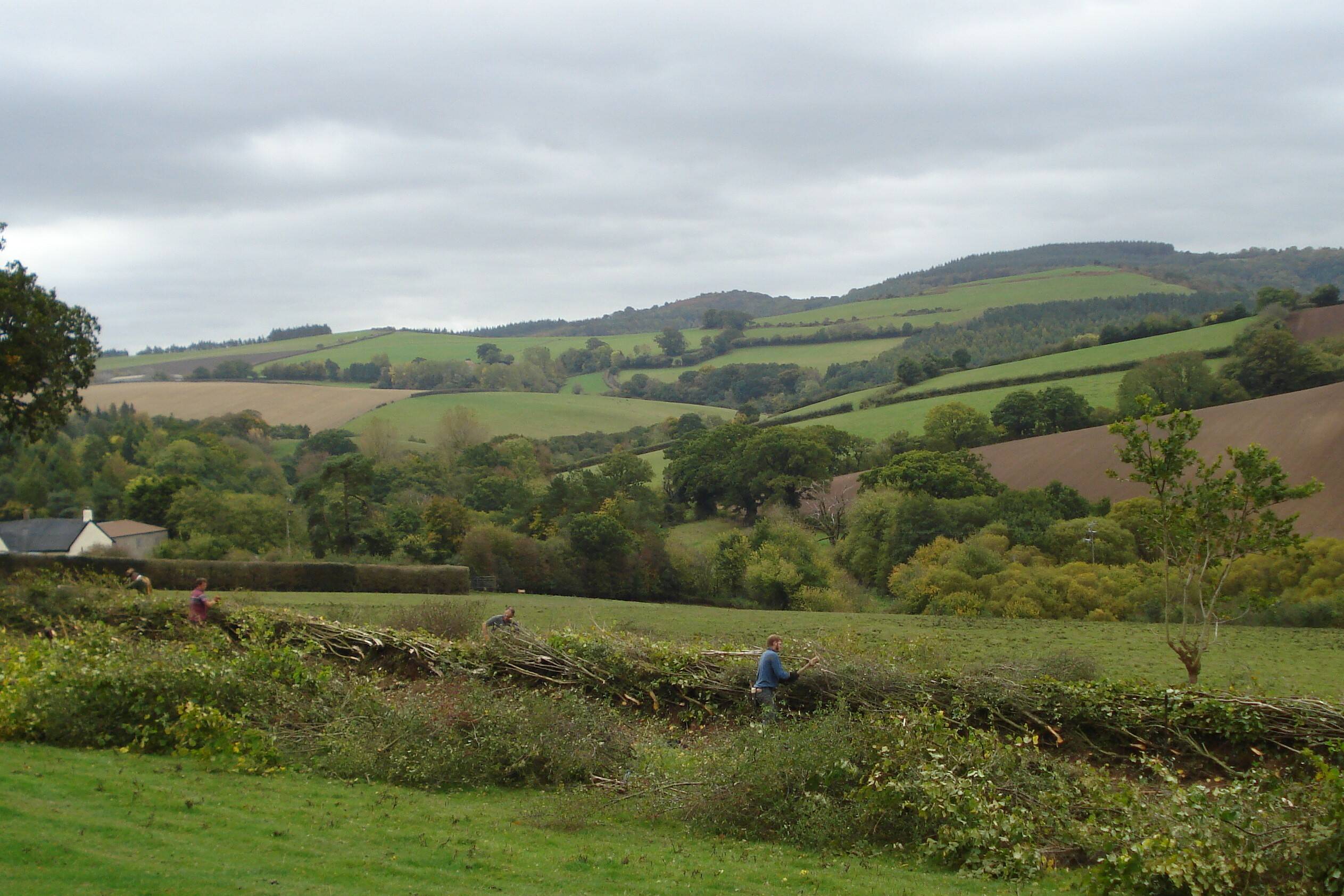Worth’s Way
The first cross is stout, roughly-hewn and slightly tilting, a lonely-looking sentinel beside the road out of town. A dry stone wall isolates it from the nearby bungalows, and the grass and herbaceous plants around it have been mown short, as if the ragged-looking way marker is standing in a municipal park.
There is more semi-suburbia for the second cross, which is kept company by early morning golfers. … Read more
